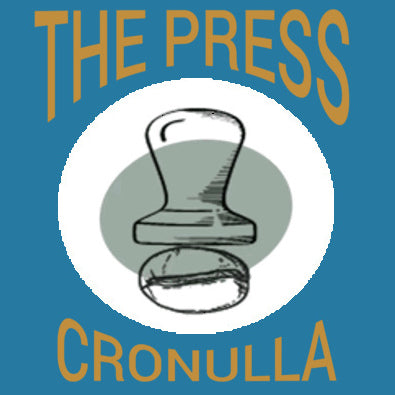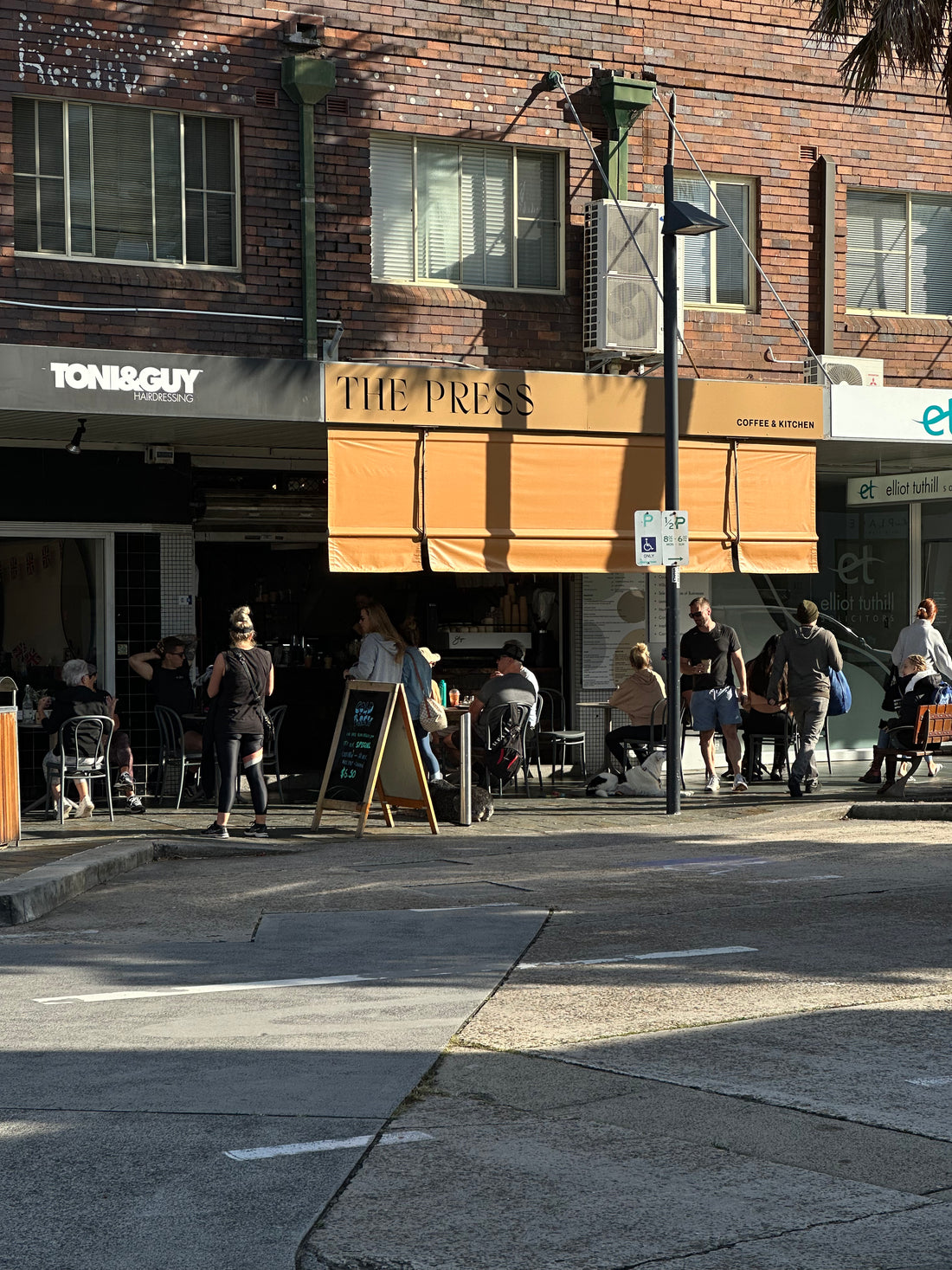When it comes to the world of coffee, the characteristics of each cup can be as diverse as the beans themselves. One intriguing aspect that coffee enthusiasts often notice is the varying degrees of oiliness in different beans. What are the factors that contribute to the oiliness of coffee beans, unraveling the mysteries behind your favorite brew.
-
Roast Level Magic: The journey of a coffee bean from green to roasted is a transformative process that significantly impacts its flavor profile. Darker roasts, characterized by higher temperatures and extended roasting times, often result in beans with a noticeable oiliness. This is due to the emergence of natural oils from within the beans during the roasting dance.
-
Bean Variety Influence: Not all beans are created equal, and this holds true for their oil content. Arabica and Robusta, two prominent coffee bean varieties, exhibit differences in oiliness. While Arabica beans are known for a more subdued oil presence, Robusta beans can boast a bolder, oilier profile.
-
Freshness The freshness of coffee beans is a key player in the oiliness game. Freshly roasted beans tend to retain their oils, offering a delightful sheen. As time passes, these oils may migrate to the surface, highlighting the importance of using freshly roasted beans for an optimal coffee experience.
-
Storage Matters: How coffee beans are stored can't be ignored in the quest for the perfect cup. Exposure to air, light, and moisture can impact the oils, potentially altering the flavor and aroma of your coffee. Proper storage is a crucial step in preserving the bean's inherent oiliness
In the world of coffee, everything is subjective. Some drinkers prefer a 'punchier' flavored coffee, it might dominate the cup but as long as that satisfies you that's what is important. Other coffee drinkers might use the oiliness of a coffee as an indication if they will like the coffee before they even order it.
My advice, ask the barista! Take note of what you like and what you don't, don't bash the barista if it isn't 'your cup of tea' - or should i say - Coffee.

